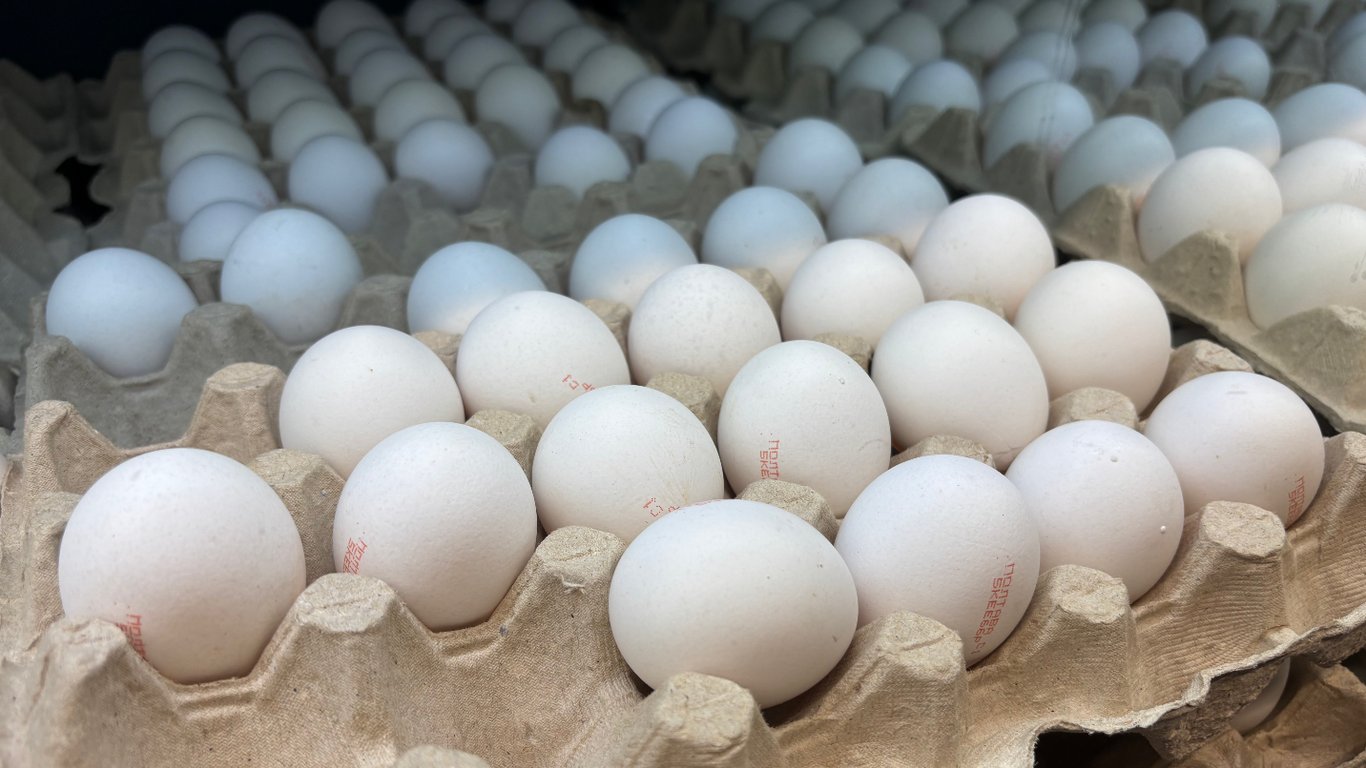What is inflation and what is beneficial to do during inflation.

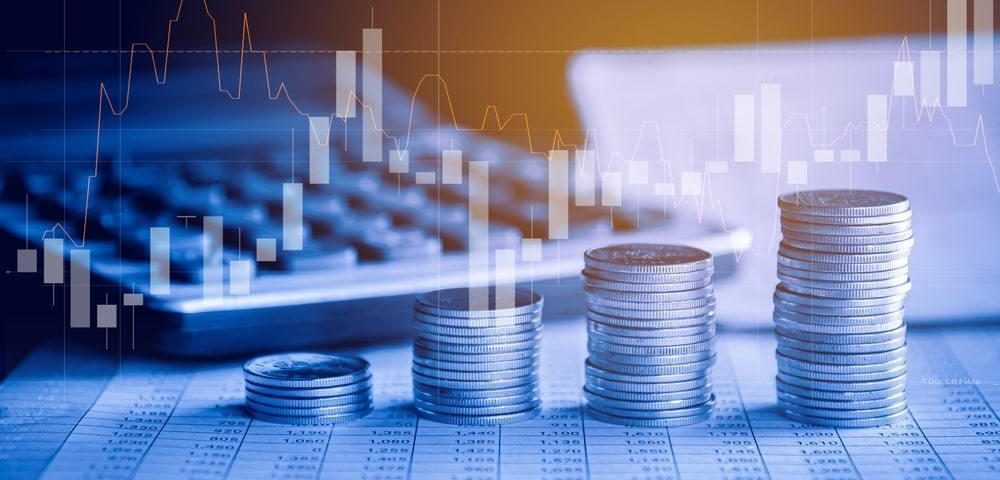
In light of the not-so-favorable economic situation in the country, Ukrainians are increasingly searching for information about default, what it means, whether inflation is present, and what to do if it rises.
Besides understanding what inflation is, it is also useful to learn how this process works, what it means in the long term, and what is beneficial to do during such inflation. This algorithm of actions will be helpful for every Ukrainian.
Inflation what it is: simplifying the understanding of a complex process
Before writing a plan on "inflation, what to do", it is worth studying the theory. Inflation is the process of sustained increase in the overall price level of goods and services in the economy. That is, it is a natural and aprioristic neutral process. It arises inevitably and cannot be ignored. To put it even simpler, it is a period when prices rise, the purchasing power of money falls, meaning that for the same amount one can buy fewer goods and services than before. At the same Time, if we talk about what influences this process, salaries remain the same, citizens work just as hard, while they can afford to buy less.
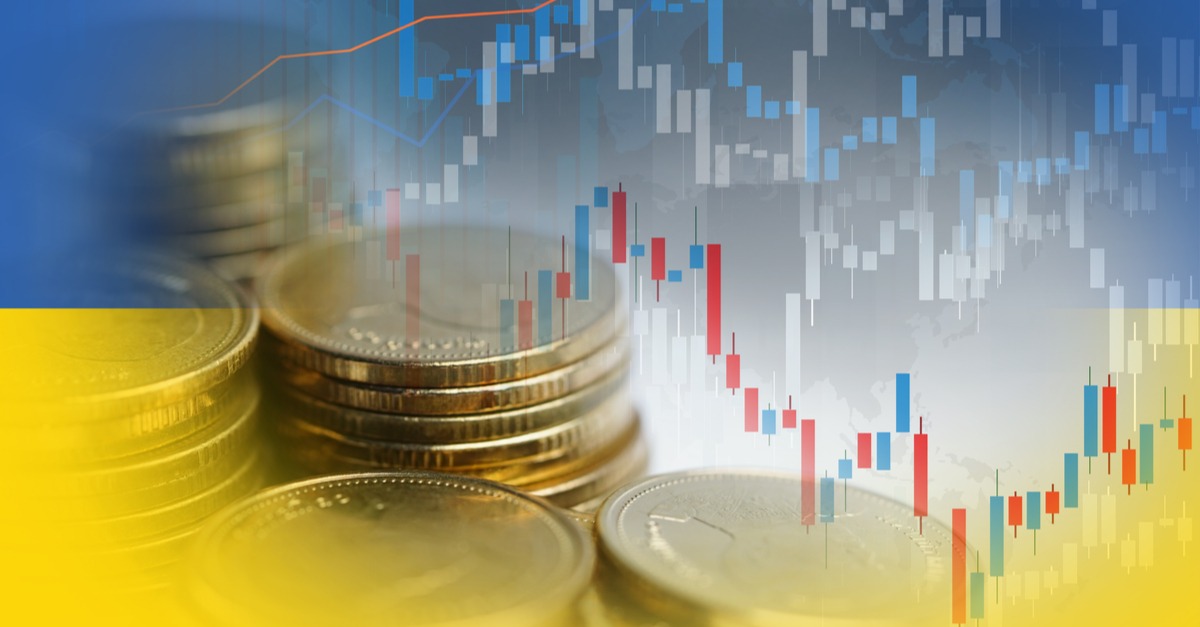
In relation to inflation, if we consider the example of Ukraine, another process is involved. This refers to indexing. It is a kind of compensation for the difference between new prices and old salaries. Indexing is handled by state authorities, but employers are also involved in this process.
While discussing the theory, it is worth mentioning the types of inflation:
-
Flexible. It is usually considered normal and even beneficial for the economy, stimulating consumption and investment.
-
Galloping. Significant price increase.
-
Hyper. Very high price increase.
Thus, the strategy of what is beneficial to do during inflation primarily depends on the type of that inflation. Different types correspondingly have different conditions, strategies on what to do during inflation.
What to do during inflation?
Having understood the types of inflation, it is immediately worth discussing the causes of such a process. There is so-called demand inflation. It occurs when demand is conditionally greater than supply. For example, if the population has quite high incomes, or the state spends a lot. Such inflation occurs often.
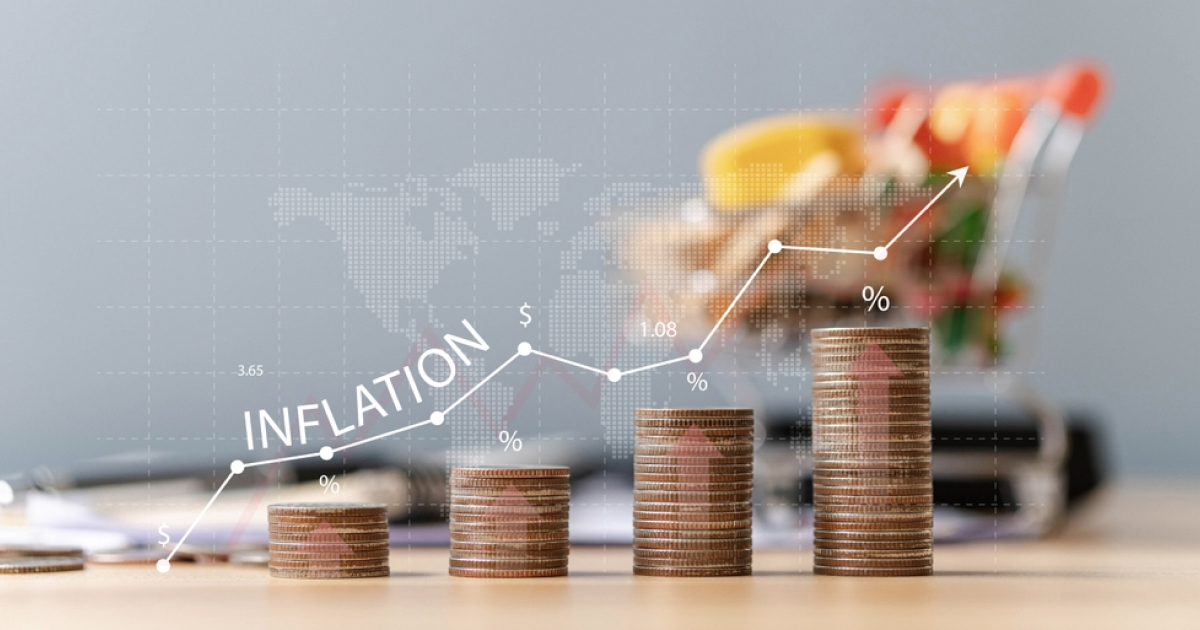
There is also cost inflation. It occurs naturally when production increases its costs. This happens for various reasons, such as an increase in the cost of raw materials or simply raising electricity prices.
While examining all types of inflation, it is important to mention monetary inflation. It occurs when too much money is released into the economy. This type of inflation may answer the childish question, "why can't the government just print a lot of money".
Each of these reasons or their combination can impact the country's economy. Primarily, it leads to a decrease in purchasing power. During inflation, money loses its value, and people can buy fewer goods and services for the same amount. In simpler terms, the average person works a lot but can afford very little. Furthermore, high and unpredictable inflation complicates economic planning for businesses and consumers. Investments and savings become less attractive. The entire system, which is already quite fragile, collapses very quickly.
Almost simultaneously, inflation reduces the real value of savings, which can diminish incentives for accumulation and investment. The essence of investment attractiveness is lost.

If we talk about an ordinary citizen, he faces:
-
Reduction of actual income. If wages and incomes do not increase as quickly as prices, then citizens' income falls. Sooner or later, this will lead to a decrease in the standard of living.
-
Inflation can redistribute wealth between borrowers and lenders. Borrowers win since they pay off their debts with devalued money, while lenders lose.
-
Central banks may raise interest rates to control inflation, which can slow economic growth.
Additionally, during high inflation, people may prefer to invest in real assets like real estate or gold to preserve the value of their money.
Fighting this process
To reduce inflation, the state must undertake a range of measures. Concurrently, central banks can increase interest rates and reduce the money supply to lower inflation. The government can decrease state expenditures and raise taxes to reduce demand in the economy. For citizens, this process will not be particularly pleasant.
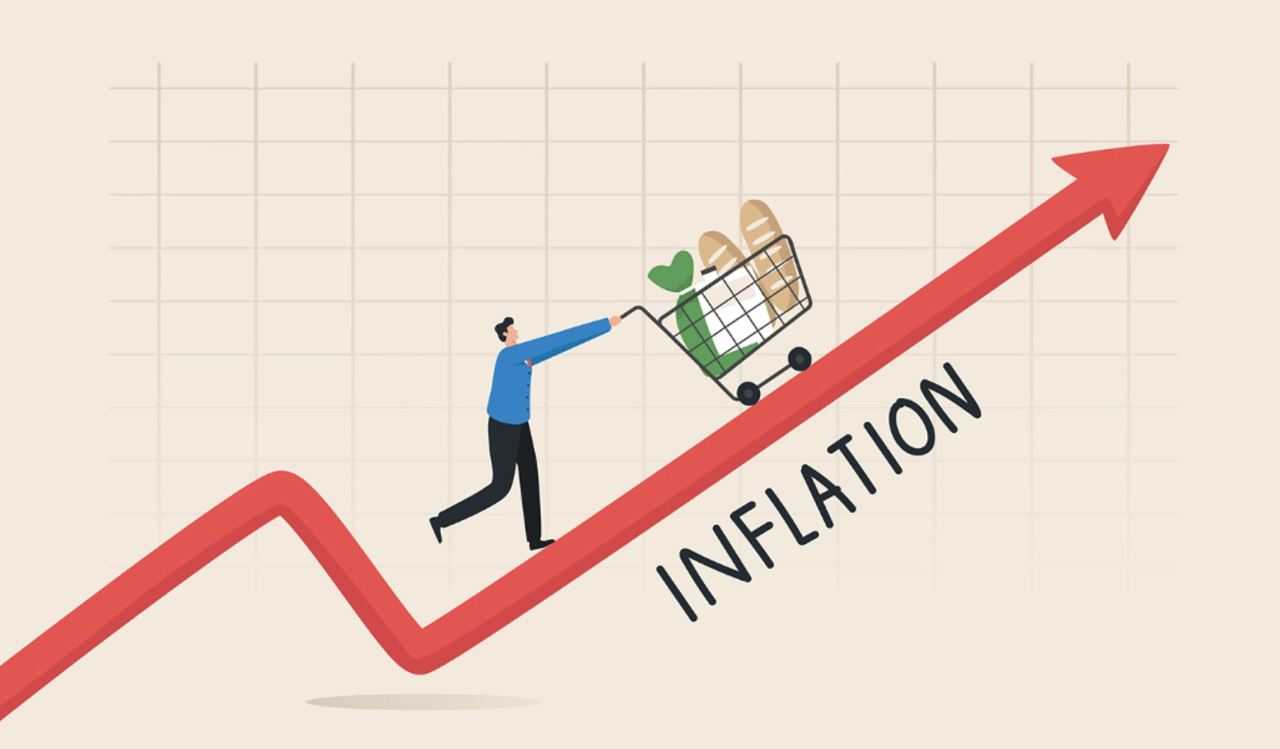
Among temporary and forced measures, price and wage controls may be implemented. Alternatively, measures to strengthen the national currency may help reduce inflation, especially in countries with high dependence on imports.
When inflation is beneficial
Overall, inflation is currently an indicator of a country's economy and impacts the life of all citizens. Low inflation can even be beneficial as it stimulates the purchase of goods and increases deposits, but high inflation leads to negative consequences such as reduced purchasing power, economic unpredictability, and erosion of savings.
Fixing the situation is also not as straightforward as it may seem at first glance. In this case, diverse actions need to be taken, involving not only state structures. This is complicated and quite lengthy. Regarding the action plan, during inflation, it is vital to take actions that will help preserve or even increase financial resources despite currency devaluation.

Possible options:
-
Investment in real assets. Real estate generally retains its value and can even appreciate during inflation. Gold and precious metals: these assets are often seen as a hedge against inflation, as their value tends to rise with prices. Investments in commodities, such as oil, agricultural products, and metals, can also protect against inflation.
-
Investment in stocks. Company stocks: companies that can raise prices for their products along with inflation (for instance, consumer goods and services) can be good investments. Dividend stocks: shares of companies that pay stable and growing dividends can provide income that compensates for inflation.
-
Savings protection. Inflation-protected securities: for example, in the USA, these are inflation-protected securities (TIPS). Such instruments provide protection for the principal amount against inflation. Foreign currency deposits: savings in foreign currency can protect against the depreciation of the national currency.
Investing in business and entrepreneurship can be considered a standard and proven option. Owning a business that can adapt to changing economic conditions and pass on rising costs to consumers can be a good strategy. Of course, this comes with significant risk, which is inevitable with inflation. Alternatively, one might consider investing in successful franchises that can manage the pricing of their goods and services. This option is likely to provide a stable income.
Read also
- The Law Has Allowed - Who Can Avoid Paying Taxes When Selling Property
- Mobile internet will become more expensive - who among Ukrainians will pay more
- ATB and Silpo Sharply Reduced Prices on Products - What Costs Less
- Watermelons, cherries, and plums — how prices have changed in stores in Odesa
- For Ukrainians, preferential roaming rates in the EU have been extended
- Customers will not like it - how ATB rewrote the prices for eggs





